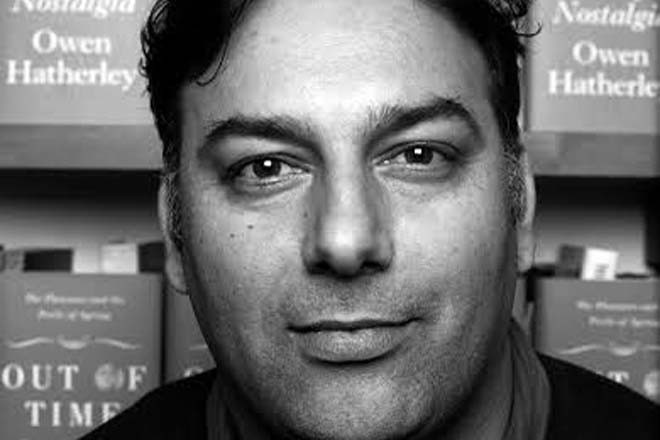
-- Interview with Basharat Peer, journalist, scriptwriter, and author of Curfewed Night

The News on Sunday: Killings, mass protests and Indian troops firing over unarmed protestors are ironically normal, they have followed a particular pattern in Kashmir. 70,000 civilians, militants, and troops have been killed since 1990. How is the current situation, after the killing of Burhan Wani, different from before?
Basharat Peer: The killings, the injuries, and the blinding of protesters with pellet guns is not new. The quality of brutality, that most of it happened in a very short span of time is new. The obfuscations on Indian television channels and by Indian politicians are not new either but the vehemence is of a higher order. The military curfews, the ban on newspapers, the profiling is not new either.
TNS: It’s been observed that the hearts and minds of the youth in Kashmir are not with India. How are these sentiments hitting the Kashmir cause? Is the valley boiling with new or renewed anger? Is there an effective/capable leadership in Kashmir that’ll take them out of this crisis?
BP: The desire for freedom is not new either but the complete disappearance of any hope in India’s policies is striking; the desire for independence is most intense at the moment. Most of the pro-independence Kashmiri leaders are under house arrest. It is a leaderless uprising. In Kashmir, the sentiment of azadi is greater than any individual, any leader. It is the sentiment that is driving the youth and it is what is shaping the positions of leaders. We have another, younger generation of Kashmiris giving their lives and limbs for the dream of freedom but nothing much is changing. The status quo over Kashmir is suffocating.
TNS: Has Mehbooba Mufti-led BJP-PDP government (or the security agencies) mismanaged the valley? Did the authorities miscalculate the response to Wani’s killing?
BP: It makes no difference whether you have a government led by Narendra Modi or Manmohan Singh when it comes to Kashmir. When it comes to Kashmir, they are all the same. There is no difference between India’s Hindu nationalists, liberal, and Marxists. They all simply want Kashmir to be kept under the Indian control. And Kashmiris don’t want India. It is very simple. India is able to keep it only because of its military and numerical strength not because it has a moral case.
Read also: Shifting gears over Kashmir
Of course, India was in denial about the symbolic importance of a 21-year-old boy with a few weapons standing up to one of the largest militaries in the world. They didn’t realise how much Kashmiris loved his courage, his defiance.
TNS: Printing presses have been shut down; newspapers are banned; mobile and internet connections are blocked; there’s an information blackout after protests in India. Would you say in this day of varied modes of speedy access to information their efforts to run the propaganda machine is being counter productive?
BP: There is some access to internet and phones and news has come out from Kashmir. But it has been really difficult. The ban on the newspapers has serious implications. Local newspapers are the key source of information to millions of people under the curfew who have no access to phones or internet. It is denying the Kashmiris living in Kashmir access to news that is the reason behind the crackdown on the newspapers.
TNS: However, would you agree that the Indian media is giving more space to the issue of Kashmir? Is the mainstream Indian media finding a more receptive audience when it comes to news on Kashmir?
BP: Yes and no. There are many more Indian media outlets nowadays so there is more coverage. But the framing of the issues, the way reports from Kashmir are placed and published are decidedly from an Indian point of view. But that should not be a surprise. Why would you expect anything different?
TNS: No significant international condemnation for the ongoing Kashmir violence is being heard. Has the world lost interest in Kashmir or new forms of terrorism spread all over the world have forced the issue to take a backseat?
BP: The world is a gruesome, bleak place. There is a new horror everyday. The US State Department and the UN have made statements but little else.
TNS: Will the developments (or lack of it) in media help the international community to uphold/condemn violence in Kashmir?
BP: I think for the world at large, Kashmir is yet another place where terrible things are done. It is mostly of interest to South Asians and a small group of South Asia experts. It is true of most places. But a varied media landscape does help in getting more stories out. At least one puts them on record.